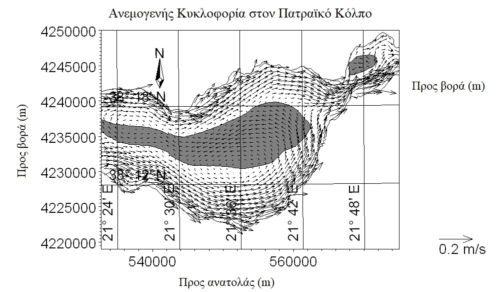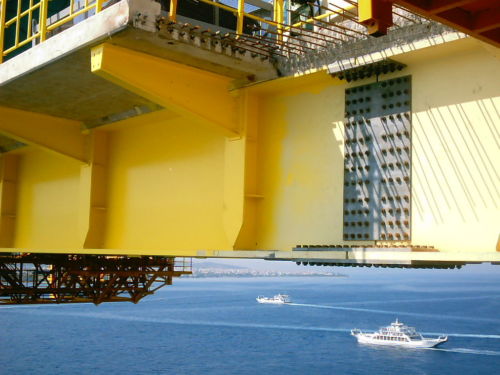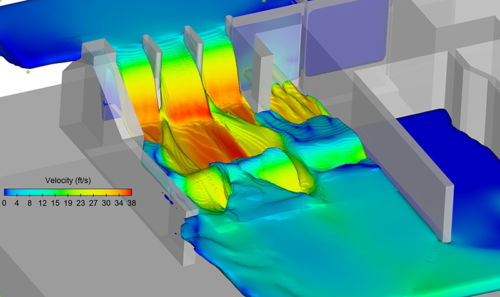|
AIR POLLUTION
| SEMESTER | 9th |
|---|---|
| eclass | https://eclass.upatras.gr/courses/CIV1619/ |
| Details | http://www.civil.upatras.gr/index.php/odhgos/ |
| Instructor | MANARIOTIS IOANNIS |
| LANGUAGE OF INSTRUCTION and EXAMINATIONS | Greek |
| Credits ECTS | 5 |
| Erasmus+ | YES (in Greek) |
| Code | CIV_8555A |
|
It is an obligatory course under selection of both the 3rd direction “Hydraulic Engineering – Environmental Engineering” and 4th direction “Systems of Sustainable Transportation and Project Management” for the study of atmospheric pollution, diffusion-dispersion of pollutants and applied anti-pollution technologies. The subject matter of the course aims at informing students about the basic properties of the atmosphere, the characteristics of air pollutants, the application of the Gauss model for predicting air pollution and the most usual anti-pollution technologies applied. • Know the atmospheric pollutants, their properties and their impact on humans and the environment, also taking into account the effect of meteorological parameters on the dispersion of pollutants • Evaluates ambient air quality based on current quality standards • Simulates the dispersion of air pollutants with Gauss-type models for emissions of point, linear and surface sources • Apply the appropriate anti-pollution technology and propose an appropriate short or long-term abatement strategy for emission control and address air pollution by aerosol and gaseous pollutants. • Ability to apply this knowledge and understanding in the description, simulation and solution of unusual atmospheric pollution problems • Ability to adopt and apply methods of anti-pollution technology to a variety of practical problems and studies, such as optimizing the siting of activities (industries, ports, airports), traffic and transport regulation, road positioning, etc. • Ability to study, lifelong learning and continuing professional development • Ability to use this knowledge to develop environmental impact assessment studies, as well as interdisciplinary cooperation on problems and studies of interscientific nature. |





